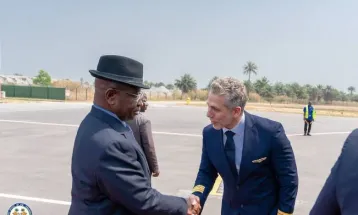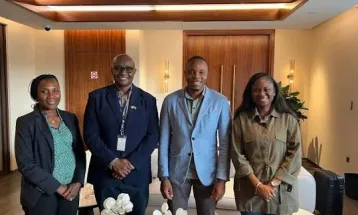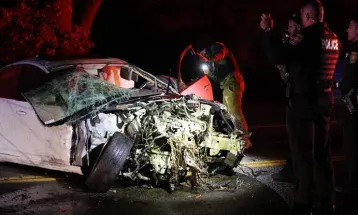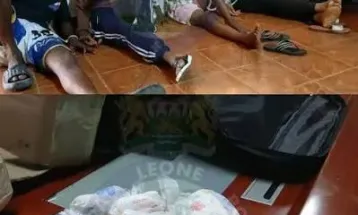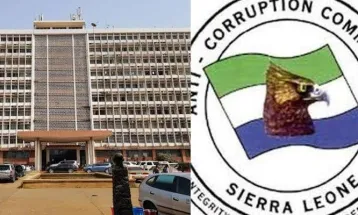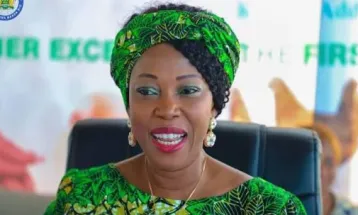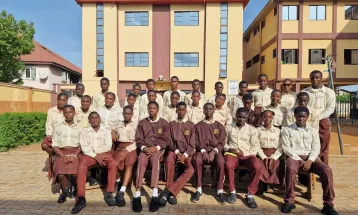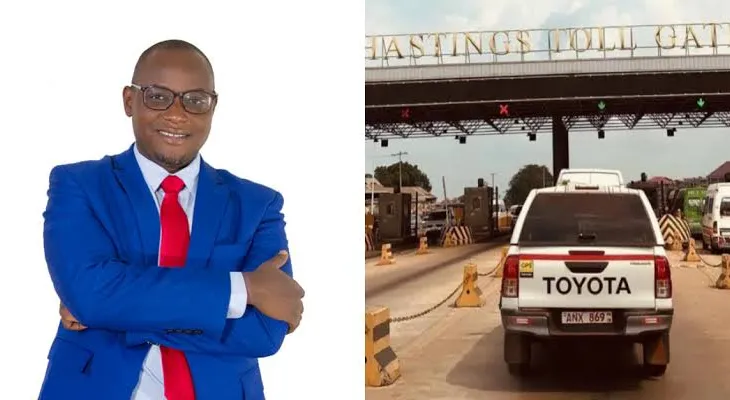
"Journalist Amadu Lamrana Bah Criticizes Sierra Leone Toll Gate Price Hike, Calls for Greater Accountability from Political Class"
Amadu Lamrana Bah, a journalist affiliated with Africa Young Voice (AYV) television, has voiced his criticism against the recent announcement of increased toll gate prices in Sierra Leone. The decision, set to take effect on March 1st, 2024, has garnered widespread attention and sparked a heated debate about the economic implications for citizens.
Bah, known for his insightful commentary on social and political matters, pointed out the discrepancy between the current economic challenges faced by the populace and the substantial increase in toll charges. He referenced parliamentary discussions from 2017, where concerns were raised about the affordability of toll fees, even back then. Bah highlighted the irony of those who once deemed the NLe2 toll fee for a car in 2017 as high, now advocating for a significant jump to NLe5, representing a staggering increase of over 100%.
"It's interesting to read how those who believed that the NLe2 toll fee price for a car in 2017 was still high considering the economic situation then are now doing all they could to justify that we should pay NLe5 on the same toll road at a time when we are still in a very difficult economic situation if not even worse," Bah remarked.
Bah also drew attention to the parliamentary prayer, where Members of Parliament are called to set aside private interests, prejudices, and partial affections. He alluded to a colleague's reminder of Hon. Ngevao's curse, following his solitary battle against alleged parliamentary corruption, as emblematic of the challenges faced by the Sierra Leonean populace in holding their political representatives accountable.
"We are truly resilient people who continue to suffer from the actions and inaction of our political class. We just move on and accept everything and anything as they come," Bah lamented.
The toll fee hike has ignited widespread discontent among Sierra Leoneans, many of whom are already grappling with economic hardship exacerbated by the COVID-19 pandemic and other socio-political challenges. Critics argue that the timing of the increase is particularly insensitive, given the prevailing economic uncertainties and the financial strain it imposes on ordinary citizens.
In response to Bah's remarks, government officials defended the decision, citing the need for revenue generation to fund infrastructure development and maintenance projects. They emphasized the importance of toll fees in sustaining critical transportation networks and ensuring their long-term viability.
However, opposition figures and civil society groups have condemned the toll fee hike as unjustifiable and out of touch with the realities faced by the majority of Sierra Leoneans. They have called for greater transparency in the management of toll revenues and a reassessment of the decision in light of its potential adverse effects on the already struggling populace.
As the debate over toll gate prices continues to unfold, Bah's outspoken critique serves as a reminder of the vital role journalists play in holding power to account and amplifying the concerns of ordinary citizens. With economic pressures mounting and public frustration reaching boiling point, the need for meaningful dialogue and constructive engagement between government stakeholders and civil society becomes increasingly urgent. Whether Bah's words will spur tangible change remains to be seen, but they undoubtedly add fuel to the growing calls for accountability and transparency in Sierra Leone's governance structures.

